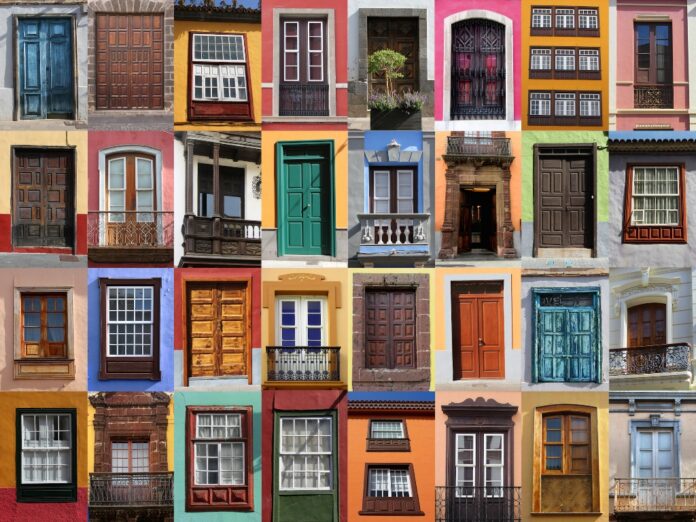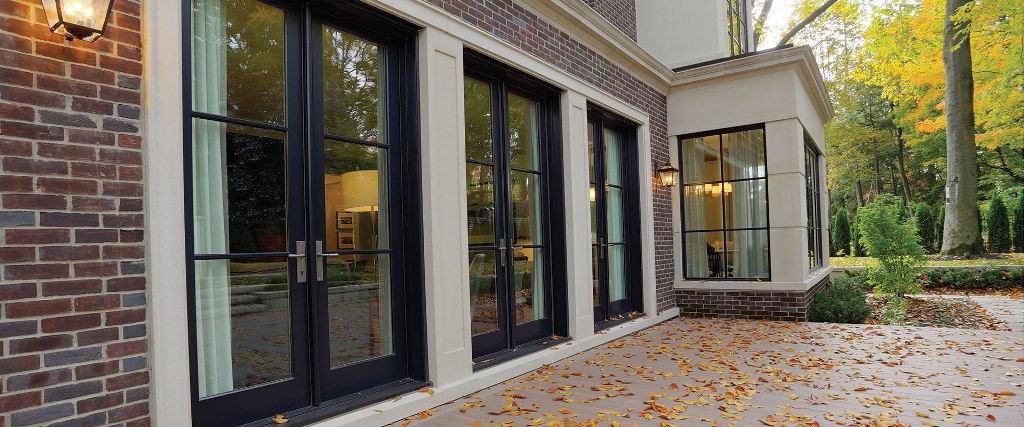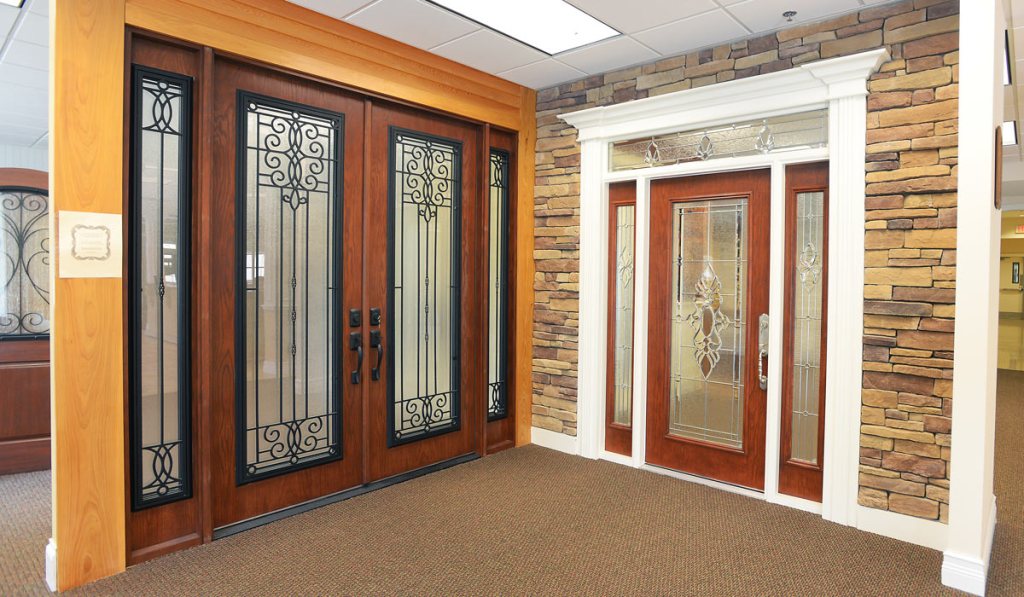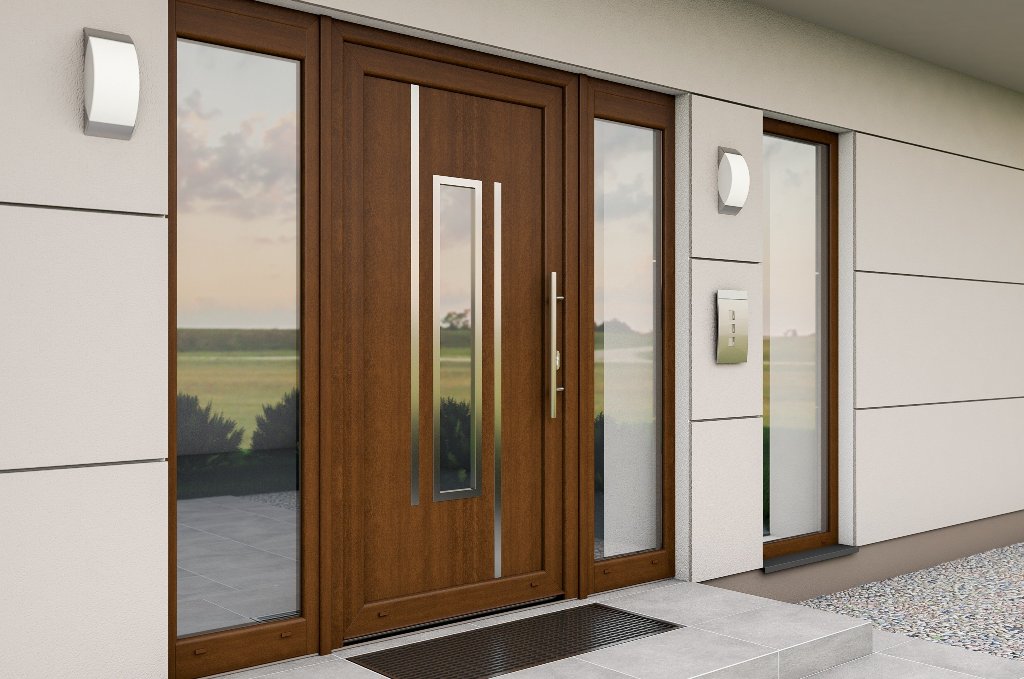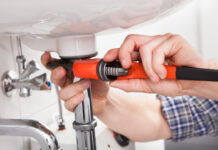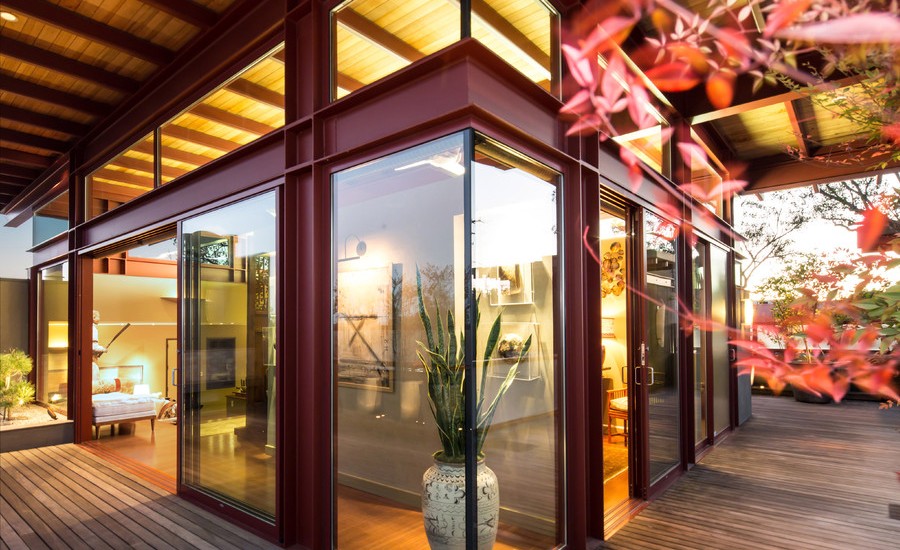Your home’s doors take a beating throughout their operational lifetime. Your front door, entry door, garage door, or sliding patio door are all affected by weather elements causing wear and tear over time. In turn, this reduces your door’s energy efficiency, security, and operation.
There are numerous online discussions regarding entry doors and the cost of having them replaced, repaired, or maintained in pristine condition. Many people find specialty contractors (those who deal exclusively with window and door installation and repair) expensive. They prefer getting their new doors from big box stores to cut costs.
A new door adds to your home’s resale value, its appearance, and its curb appeal. It can also potentially reduce your energy costs. This article looks at why doors are so expensive and some of the factors contributing to the high price.
Factors Impacting the Cost of Entry Doors
The Material
Entry doors are available in several materials, such as steel, wood, and fiberglass, each with its benefits. Steel doors are not only less expensive than wood or fiberglass, but they also come with thermal barrier insulation that makes them energy efficient.
Door Hardware
Apart from the material used to construct doors, there are also numerous hardware options available that affect the final cost. These options include locks, hinges, doorknobs, and other decorations that range from simple to extravagant. The type of material used to construct the hardware also adds to the cost. For example, locks come in different types and materials, including rim lock, night latch styles, deadbolt, and mortise lock.
Replacement and Installation Cost
The installation cost of an entry door can run up to 30 percent of the purchase price. Usually, installation costs vary depending on the contractor selected and the complexity of the door installation.
For instance, purchasing a pre-hung, big-box door that fits perfectly well into the target opening means a straightforward installation. However, if you use a specialty contractor and the installation requires some reconstruction work (such as enlarging your door frame), then the installation costs will be high.
Customization
Whenever you get a new door, you need to consider the existing space where you want it installed. Your doorway may either be bigger or smaller than the door. It may require customization in one or more of the following areas:
- Height: Sometimes, a standard size door unit from a big box store may not meet the threshold of your doorway space. If so, then you will have to make space by chipping your header or cutting your stucco. You may also have to cut the door, voiding its warranty.
- The Jamb: A pre-hung door may need further work during installation if the jamb size fails to match your wall condition.
- Color: Big box store doors come in solid colors, and you may incur added costs to repaint.
If you want particular door specifications or if your house is old (built before the 90s), your door installation may require customization, which is only offered by specialty contractors.
Accent Fixtures
Some door openings have room for additional decorative fixtures and accent pieces. These include:
- Sidelights: Window panels flanking either side of your door.
- Transform: Glass window panel found above the door opening.
- Glass: Decorative piece either found on the top part of the door or above it.
The glass package for sidelights, a transform, and doors are often a costly part of the total installation project. A door with no accent fixtures is your least expensive option followed by clear glass and then decorative glass (including stained and textured glass designs).
Warranty
Your door’s warranty is vital in determining its quality. Beware of companies that issue limited warranties when it comes to the period covered or dollar amount of any related future expenses.
If you have any issues with your new door due to a product defect or improper installation, having a comprehensive warranty will save you time and money. Otherwise, you risk incurring more costs in repairs or a replacement with a limited warranty.
The Bottom Line
There is no simple way of determining how much your new door installation will cost. Doors are expensive because of a variety of factors and reasons, including the door material, installation, customization, hardware options, accent fixtures, and even the warranty.
What you can be sure of is that replacing your aging door will boost your home’s security and curb appeal, help you recoup your expenses when selling your home, and save you money because of its energy efficiency.
Though it is essential to save costs in your door replacement and installation, sometimes cheap is expensive, and you may end up spending more to repair a poorly installed door when you settle for a substandard product or service.

